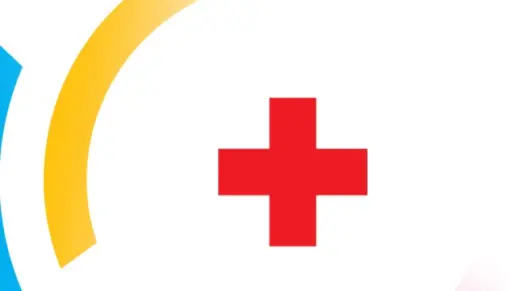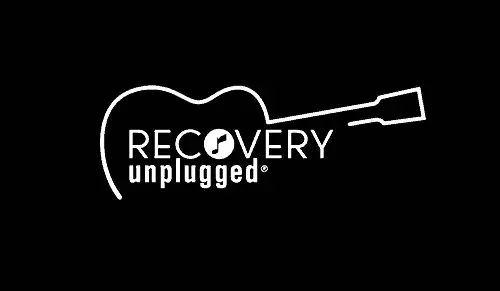I was a patient there in late January 2009. I self admitted and went directly to a gentleman who was responsible for removing all my personal possessions. I had $500.00 in my wallet. he put it in a sealed plastic bag that had his initials and my initials with date and $500 . ...
About Cypress Creek Hospital
Cypress Creek Hospital is a licensed and accredited inpatient and outpatient behavioral health center in Houston, Texas. They offer adolescent and adult programs for substance use disorder and mental health, including dual diagnosis.
They accept most insurance plans, including TRICARE, Medicaid and Medicare. If you don’t have insurance, they’ll help you find other funding resources.
If you have an adolescent experiencing issues with substance abuse, they offer a special track for teens. There’s a highly structured inpatient program that focuses on crisis intervention. They have a full assessment and medication stabilization. There’s also a day treatment option for teens stable enough to be home at night but need more daytime structure.
The programs feature addiction education, individual and family therapy, and group therapy. You’ll also get parent education and a support group.
The adult program is for those 18 and older and offers an intensive care unit for those who need crisis intervention. You’ll also have the option of an inpatient or outpatient program, and there’s a program for those with a dual diagnosis, such as substance use disorder and depression or schizophrenia. Electroconvulsive therapy is also available if your depression is severe and not responsive to other treatments.
Some former patients offered that the inpatient program may be understaffed and communication may also be an issue. Others had a better experience.
Latest Reviews
Rehab Score
Gallery
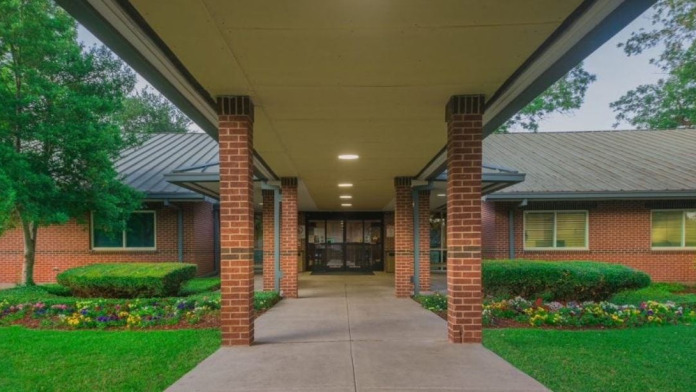
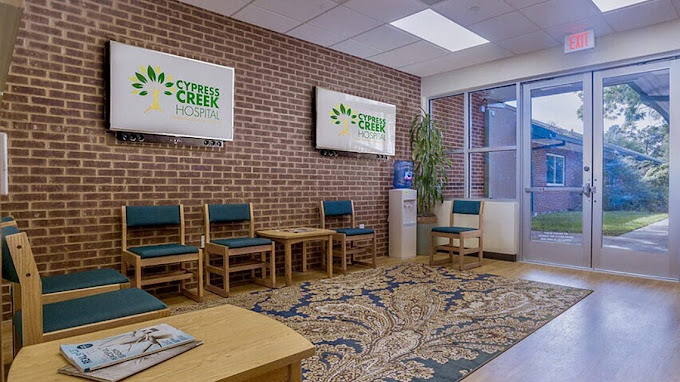
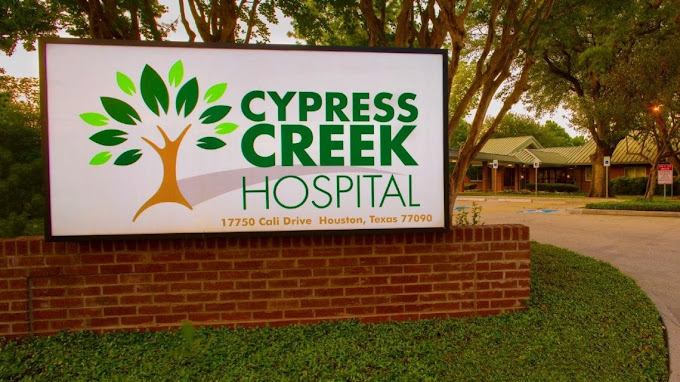
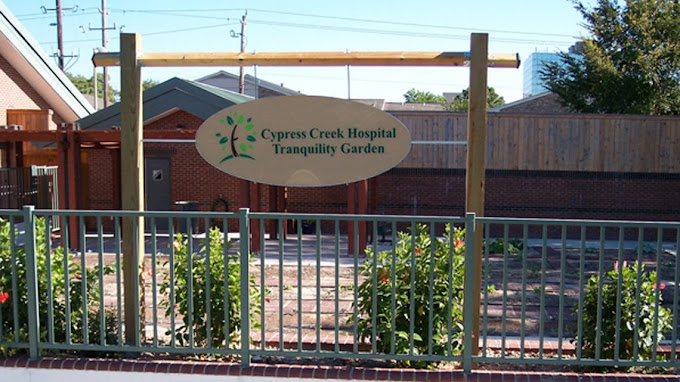
Location
Other Forms of Payment
Private insurance refers to any kind of healthcare coverage that isn't from the state or federal government. This includes individual and family plans offered by an employer or purchased from the Insurance Marketplace. Every plan will have different requirements and out of pocket costs so be sure to get the full details before you start treatment.
Self-pay involves paying for treatment out of your own pocket. You can use savings or credit, get a personal loan, or receive help from family and friends to fund your treatment. If you don't have insurance or your insurance plan doesn't cover a specific program, self-pay can help ensure you still get the care you need.
Financial aid can take many forms. Centers may have grants or scholarships available to clients who meet eligibility requirements. Programs that receive SAMHSA grants may have financial aid available for those who need treatment as well. Grants and scholarships can help you pai for treatment without having to repay.
Medicare is a federal program that provides health insurance for those 65 and older. It also serves people under 65 with chronic and disabling health challenges. To use Medicare for addiction treatment you need to find a program that accepts Medicare and is in network with your plan. Out of pocket costs and preauthorization requirements vary, so always check with your provider.
Medicaid is a state based program that helps lower-income individuals and families pay for healthcare. Medicaid covers addiction treatment so those enrolled can use their coverage to pay for rehab. When a program accepts Medicaid the client often pays very little or nothing out of their own pocket.
Military members, veterans, and eligible dependents have access to specific insurance programs that help them get the care they need. TRICARE and VA insurance can help you access low cost or no cost addiction and mental health treatment. Programs that accept military insurance often have targeted treatment focused on the unique challenges military members, veterans, and their families face.
Addiction Treatments
Levels of Care
Treatments
The goal of treatment for alcoholism is abstinence. Those with poor social support, poor motivation, or psychiatric disorders tend to relapse within a few years of treatment. For these people, success is measured by longer periods of abstinence, reduced use of alcohol, better health, and improved social functioning. Recovery and Maintenance are usually based on 12 step programs and AA meetings.
During rehab in Texas, you'll deal with underlying issues that contribute to addiction. By addressing these challenges and learning healthy ways to cope with them, you'll develop strategies that help you live a drug-free lifestyle.
Many of those suffering from addiction also suffer from mental or emotional illnesses like schizophrenia, bipolar disorder, depression, or anxiety disorders. Rehab and other substance abuse facilities treating those with a dual diagnosis or co-occurring disorder administer psychiatric treatment to address the person's mental health issue in addition to drug and alcohol rehabilitation.
A combined mental health and substance abuse rehab has the staff and resources available to handle individuals with both mental health and substance abuse issues. It can be challenging to determine where a specific symptom stems from (a mental health issue or an issue related to substance abuse), so mental health and substance abuse professionals are helpful in detangling symptoms and keeping treatment on track.
Opioid rehabs specialize in supporting those recovering from opioid addiction. They treat those suffering from addiction to illegal opioids like heroin, as well as prescription drugs like oxycodone. These centers typically combine both physical as well as mental and emotional support to help stop addiction. Physical support often includes medical detox and subsequent medical support (including medication), and mental support includes in-depth therapy to address the underlying causes of addiction.
Programs


Clinical Services
Electroconvulsive Therapy (ECT) is a procedure in which a small amount of electrical current is sent to the brain. This current induces a seizure that affects the entire brain, including the parts that control mood, appetite and sleep. ECT is an extremely effective form of treatment. It is often safer than no treatment at all.
Mental health and substance abuse issues affect every person in the family. That is one reason they take treatment seriously. They believe that family involvement is not only critical but a necessary part of the treatment process. Due to their commitment to the family, they offer family sessions with a licensed therapist and ongoing support groups open to families.
Group therapy is any therapeutic work that happens in a group (not one-on-one). There are a number of different group therapy modalities, including support groups, experiential therapy, psycho-education, and more. Group therapy involves treatment as well as processing interaction between group members.
In individual therapy, a patient meets one-on-one with a trained psychologist or counselor. Therapy is a pivotal part of effective substance abuse treatment, as it often covers root causes of addiction, including challenges faced by the patient in their social, family, and work/school life.
Life skills trainings involve all the skills a person must have in order to function successfully in the world. These include time management, career guidance, money management, and effective communication. Truly successful addiction recovery is based on the ability to not only live substance-free, but to thrive. Life skills teaches the practical necessities of functioning in society, which sets clients up for success in life, and therefore sobriety.
Amenities
-
Residential Setting
-
Private Setting
Accreditations

The Joint Commission, formerly known as JCAHO, is a nonprofit organization that accredits rehab organizations and programs. Founded in 1951, the Joint Commision's mission is to improve the quality of patient care and demonstrating the quality of patient care.
Joint Commission Accreditation: Yes
Contact Information
17750 Cali Drive
Houston TX, 77090
